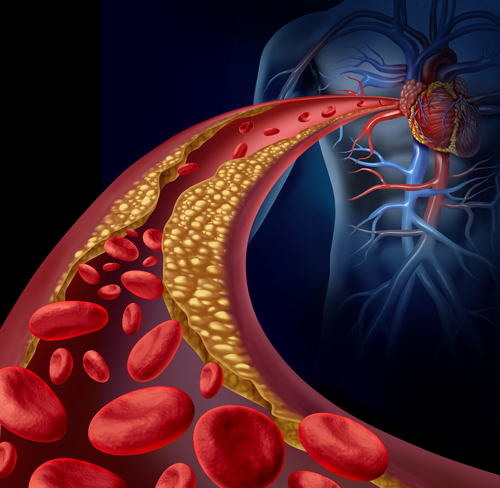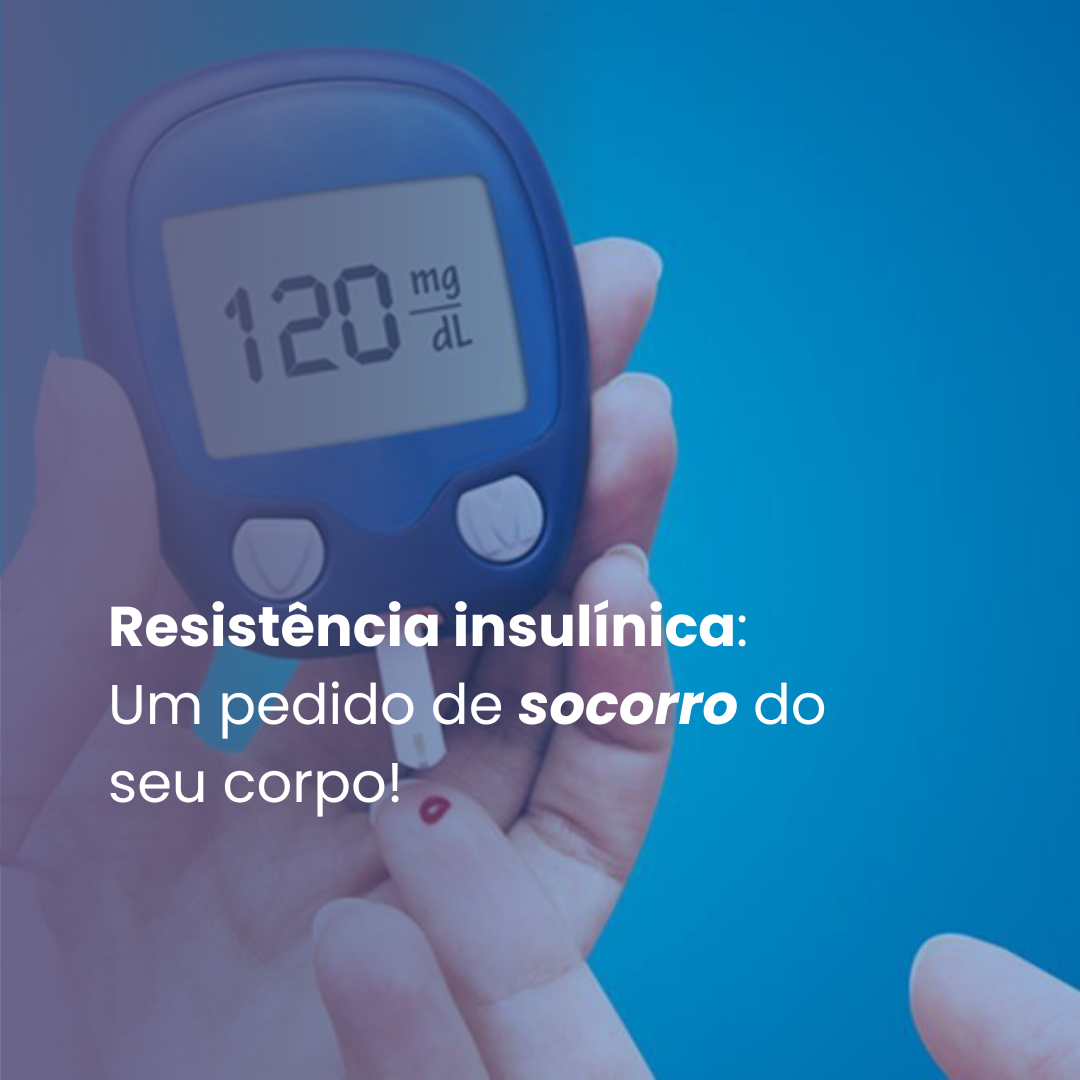Trials show they slash levels of ‘bad’ cholesterol; could be used by people who don’t respond to statins.
Tuesday, June 9, 2015
 TUESDAY, June 9, 2015 (HealthDay News) — U.S. health experts voted on Tuesday to recommend approval of the first of two drugs in a new class of cholesterol medications that sharply cut “bad” LDL cholesterol in people who don’t fare well on statins.In a 13-3 vote, the U.S. Food and Drug Administration advisers gave their blessing to the drug alirocumab (Praluent), The New York Times reported. On Wednesday, the panel will decide whether to recommend the same for a similar medication known as evolocumab (Repatha). Both medications belong to a class of drugs called PCSK9 inhibitors.While the FDA isn’t compelled to follow the recommendations of its advisory committees, it usually does so.A recent review of 24 clinical trials — published April 28 in the Annals of Internal Medicine — found that PCSK9 inhibitors lowered people’s LDL cholesterol by about 47 percent, on average.More important, the drugs seemed to cut the risk of heart attack or death from heart disease, according to the researchers.Experts did urge some caution, however: The trials so far have been short-term, and it’s not clear whether the new cholesterol drugs really do extend people’s lives, according to Dr. Seth Martin, a cardiologist at Johns Hopkins University in Baltimore.”Still, the early data are exciting, and we’re cautiously optimistic,” Martin, who co-wrote an editorial published with the study, told HealthDay.Until large clinical trials are completed in 2017, experts won’t have definitive proof of whether the new drugs actually reduce the risk of heart attacks and death, the Timesreported.Statins have long been the go-to treatment for lowering LDL cholesterol. Studies have proven they can help prevent heart attacks, strokes and other cardiovascular complications.But for some people, statins cause intolerable muscle pain. “Those people would be obvious candidates for PCSK9 inhibitors,” Martin said.For others, statins just don’t do the job — including people with an inherited condition called familial hypercholesterolemia, which causes very high LDL levels and heart attacks at an early age. That’s another group that could benefit from the new drugs, Martin said.
TUESDAY, June 9, 2015 (HealthDay News) — U.S. health experts voted on Tuesday to recommend approval of the first of two drugs in a new class of cholesterol medications that sharply cut “bad” LDL cholesterol in people who don’t fare well on statins.In a 13-3 vote, the U.S. Food and Drug Administration advisers gave their blessing to the drug alirocumab (Praluent), The New York Times reported. On Wednesday, the panel will decide whether to recommend the same for a similar medication known as evolocumab (Repatha). Both medications belong to a class of drugs called PCSK9 inhibitors.While the FDA isn’t compelled to follow the recommendations of its advisory committees, it usually does so.A recent review of 24 clinical trials — published April 28 in the Annals of Internal Medicine — found that PCSK9 inhibitors lowered people’s LDL cholesterol by about 47 percent, on average.More important, the drugs seemed to cut the risk of heart attack or death from heart disease, according to the researchers.Experts did urge some caution, however: The trials so far have been short-term, and it’s not clear whether the new cholesterol drugs really do extend people’s lives, according to Dr. Seth Martin, a cardiologist at Johns Hopkins University in Baltimore.”Still, the early data are exciting, and we’re cautiously optimistic,” Martin, who co-wrote an editorial published with the study, told HealthDay.Until large clinical trials are completed in 2017, experts won’t have definitive proof of whether the new drugs actually reduce the risk of heart attacks and death, the Timesreported.Statins have long been the go-to treatment for lowering LDL cholesterol. Studies have proven they can help prevent heart attacks, strokes and other cardiovascular complications.But for some people, statins cause intolerable muscle pain. “Those people would be obvious candidates for PCSK9 inhibitors,” Martin said.For others, statins just don’t do the job — including people with an inherited condition called familial hypercholesterolemia, which causes very high LDL levels and heart attacks at an early age. That’s another group that could benefit from the new drugs, Martin said.
“Familial hypercholesterolemia is not rare,” he noted. “It affects about one in 300 to 500 people.”
Of the trials in the Annals review, half involved people with familial hypercholesterolemia. Some of the others focused on people who’d dropped statins because of side effects.
PCSK9 inhibitors work by blocking a protein in the liver that helps regulate LDL cholesterol, according to the study. The new drugs don’t appear to cause the muscle woes that statins can.
However, that doesn’t mean they’re completely safe. Martin said the main concern that has arisen in trials is the potential for “neurocognitive effects.” For example, some study patients have reported problems such as confusion and trouble paying attention. But, Martin said, it’s not clear yet whether the PCSK9 inhibitors are actually the cause.
For the review, researchers led by Dr. Eliano Navarese, of Heinrich Heine University in Dusseldorf, Germany, pooled the results of 24 clinical trials involving over 10,000 patients. Some compared a PCSK9 inhibitor to a placebo (inactive treatment), while others used the cholesterol drug ezetimibe (Zetia) for comparison.
Overall, the researchers found, the new drugs cut LDL to a greater degree. They also lowered patients’ risk of heart attack or death by about half.
The caveat, Martin stressed, is that the studies were short, and few people suffered complications. He said longer-term studies are needed to prove that the drugs prevent heart attacks and extend people’s lives — without serious side effects.
Dr. Suzanne Steinbaum, a preventive cardiologist at Lenox Hill Hospital in New York City, agreed that the results so far are encouraging.
“For all those patients unable to take statins, finally there might be an option that can change (their) outcomes,” said Steinbaum, who was not involved in the recent review.
But, she added, “we need to patiently wait for the next phase of trials to see whether the clinical outcomes are as promising as the initial studies suggest.”
If PCSK9 inhibitors are approved, some real-world obstacles remain.
For one, the drugs have to be self-injected, which might put some people off. On the other hand, Martin said, the injections are done only once a month or every couple of weeks.
“Some people may prefer that to taking a pill every day,” he said.
And then there’s the cost. PCSK9 inhibitors are specialty drugs known as monoclonal antibodies, which are lab-altered versions of human antibodies. And they are not cheap.
The cholesterol drugs could cost up to $12,000 a year per patient, according to a recent estimate by CVS Health, one of nation’s largest pharmacy benefit managers.
Since so many Americans take cholesterol drugs — for years or even decades — CVS warned that the cost to the health care system could be sky-high.
SOURCES: Seth Martin, M.D., clinical and research fellow, Johns Hopkins Heart and Vascular Institute, Baltimore; Suzanne Steinbaum, D.O., preventive cardiologist, Lenox Hill Hospital, New York City; April 28, 2015, Annals of Internal Medicine; New York Times
Lizanka Marinheiro
Endocrinologista.
Prof. Dra. Pós- graduação em Saúde da Criança e da Mulher e do Adolescente, e da
Pós- Graduação em Medicina clínica Aplicada à Saúde da Criança e da Mulher
Instituto Nacional de Saúde da Mulher Criança e adolecente –FERNANDES FIGUEUIRA
FIOCRUZ







